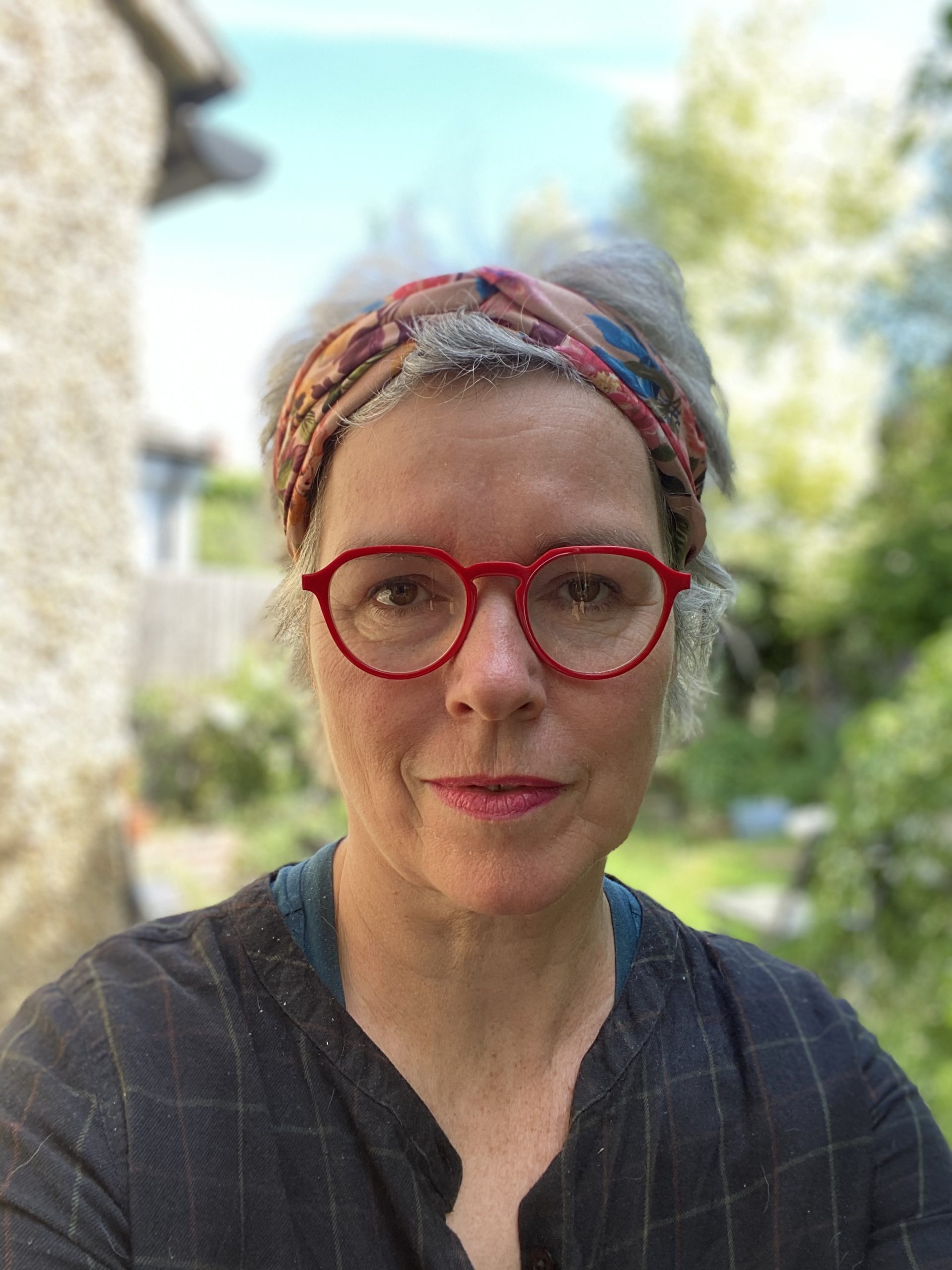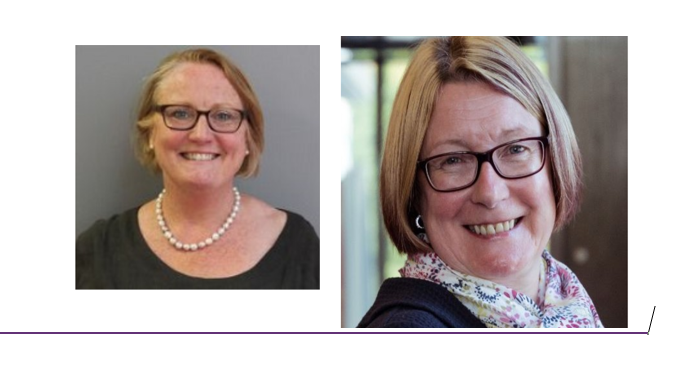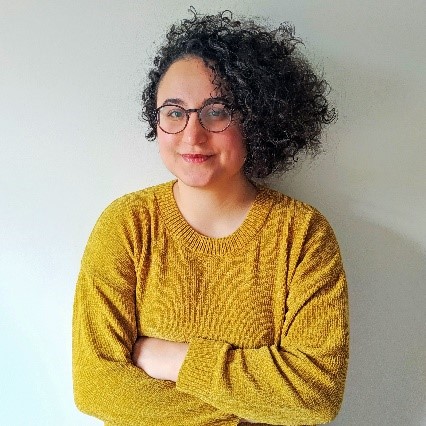Guest Blog

ENRICHEnabling Research in Care Homes
GUEST BLOG
Welcome to the ENRICH guest blog
Read the real-life experiences of people involved in care home research.
Anyone with a story or advice they'd like to share is encouraged to make contact using the contact us page.
Read about current news and developments for care homes research in the new posts section.
Planning ahead, older people with learning disabilities and a shake-up of ‘tired’ research practices
Sara Ryan, a sociologist, is an Associate Professor in the Nuffield Department of Primary Care Health Sciences.
In this guest blog Sara Ryan will discuss a new research project which will address the longstanding reluctance among older parents to plan for their daughter or son’s move from the family home to independent supported living or larger residential setting as it can lead to an increased risk of crisis placements.
Attracting, recruiting, and retaining staff in care homes – is it within REACH?
The REACH project is led by Reena Devi, Senior Research Fellow at the School of Healthcare, Faculty of Medicine & Health, University of Leeds @_DrReenaDevi working as a linking pin researcher in the Nurturing Innovation in Care Home Excellence in Leeds (NICHE-Leeds), partnership initiative between the University of Leeds, Leeds Care Association and Leeds City Council which aims to offer sustainable solutions for care homes to address issues associated with quality of care, quality of life and quality of work (https://niche.leeds.ac.uk Tweets @LeedsNiche).
In this guest blog Dr Reena Devi introduces the REACH study. The project title is REcruiting and RetAining nurses, and carers in Care Homes: what works, for which staff, under what circumstances, and at what cost? The REACH Realist Review will start in springtime 2021. The project is funded by the National Institute for Health Research, Health Services and Delivery Research (HS&DR, reference NIHR131016). The views expressed here are those of the authors and not necessarily those of the NIHR, NHS or Department of Health and Social Care.
How care homes can support the inclusion of people with impaired capacity in research
Vicky Shepherd is a Research Associate at the Centre for Trials Research at Cardiff University. A nurse by background, her research addresses the ethical and practical challenges of involving people with impaired capacity, including care home residents, in research. She is also involved in a number of clinical trials and other studies with care homes, including working with care home staff to establish the priorities for future care home research. Tweets as @VickyLShepherd
In this guest blog, Vicky discusses the importance of supporting care home residents to take part in research, including those with impaired capacity. How staff play an invaluable role in maximising residents ability to provide consent and enabling consultation with family members. Vicky introduces us to a decision support tool for family members acting as consultees.
New COVID-19 Care home study open for recruitment
Dr Clarissa Giebel is a research fellow at the NIHR ARC NWC at the University of Liverpool. Her research focuses on enabling people living with dementia to live well and independently at home for longer, and explores inequalities in accessing dementia care.
In a new study at the University of Liverpool, we are talking to family members of care home residents with dementia, and care home staff, about their experiences of how COVID-19 has affected their ability to interact with relatives and care for residents. We are talking to people over the phone, and participants will receive a £10 shopping voucher as a thank you. If you want to take part, please get in touch with the lead researcher, Dr Clarissa Giebel (Clarissa.giebel@liverpool.ac.uk).
Keeping the spirits up? A study about promoting good practice in relation to alcohol use in care homes for older people
Sarah is the Director of the Substance Misuse and Ageing Research Team (SMART) at the University of Bedfordshire. Her research interests are the use of alcohol, addictive medicines and illegal drugs among older people. She is passionate about involving the public in research. Sarah has two close relatives with dementia and is a regular visitor to care homes.
In this guest blog Dr Sarah Wadd sets out her plan for a new care home study, funded by the National Institute for Health Research School for Social Care Research, which will explore issues around alcohol use in care homes.
How people living with dementia in care homes make and share everyday decisions
Rachel Daly, Professional and Practice Development Facilitator, Dementia UK. Queens Nurse and District Nurse by background with over 20 years’ experience working in and with care homes as a nurse and a family care partner. Tweets as @dementiaventure
In this guest blog Dr Rachel Daly presents six key factors that enable decision-making in care homes for people living with dementia. She discusses the importance of involving people in everyday decisions and recognising a person’s desire and ability to be involved in the decision-making process (regardless of what the decision is).
The National Care Forum – Learning the lessons from COVID-19 to enrich research relationships with care home homes
Liz Jones is the Policy Director and the National Care Forum, she has a strong background in social policy, care and support and health and housing. Julienne is Professor Emeritus of Nursing: Care for Older People at City, University of London. Her expertise in aged care has long been recognised internationally. She is best known for her work in care homes and was one of the co-founders of My Home Life (MHL) in 2006.
The COVID-19 pandemic has brought into sharp relief the need for more social care research, especially within care homes. This research clearly needs to be shaped by the priorities of residents, relatives and care providers.
A Plea for Plain English
Sue Fortescue
Sue Fortescue was an Information Technology manager in Brussels for over 20 years before retiring to the UK. Her father had vascular dementia, and her mother had Huntington’s Disease and the dementia associated with it. Both have now passed away. In retirement Sue joined the Alzheimer’s Society Research Network and now plays an active role in reviewing research proposals and monitoring research projects.
How objects can build relationships in care homes
Melanie Lovatt is a lecturer in sociology at the University of Stirling. Her research interests include ageing, time and relationships. She is currently leading the ESRC-funded project Reimagining the Future in Older Age.
Melanie Lovatt provides an insight into the importance of material things through her exploration of how interactions with objects can shape the everyday lives of those living in care homes.
What do we want? Useful data. Where do we want it? Care homes – A case for a care home minimum data set.
Dr Gizdem Akdur, Research Fellow, The Centre for Research in Public Health and Community Care (CRIPACC), University of Hertfordshire
Integrated Care Systems (ICS) in England and the recognition of the role of social care as an essential part of care provision for older people underline the need to develop reciprocal systems of working between the NHS and care homes. There is, however, no agreed framework in England for collating, sharing and interpreting data collected by the organisations involved in supporting care homes.









